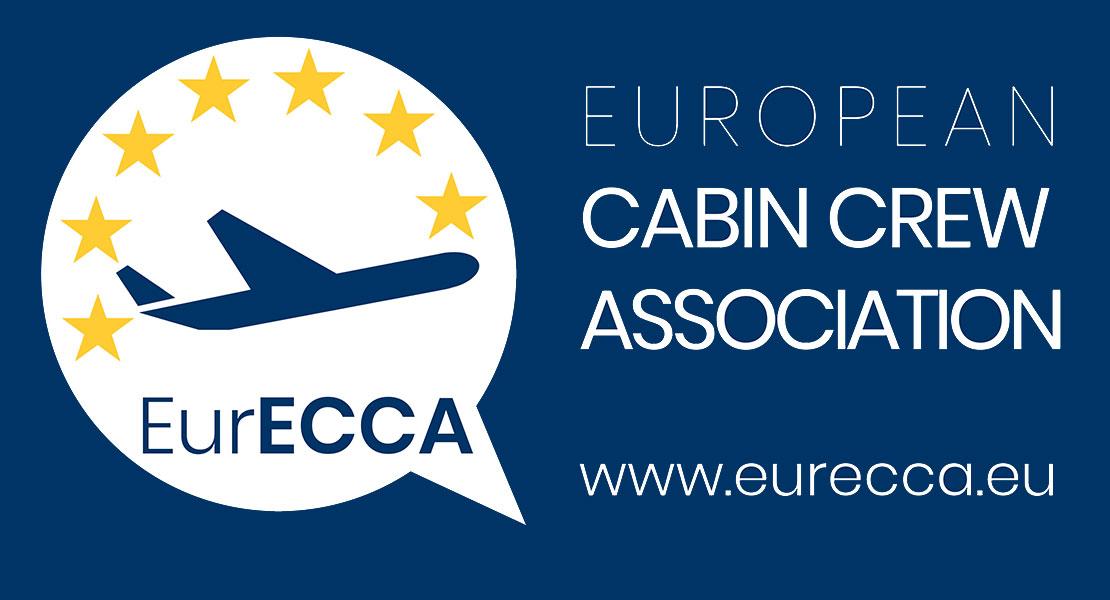All ILO Member States respect and promote the rights for a safe and healthy working environment
EurECCA welcomes the landmark decision that all ILO Member States commit to respect and promote the fundamental right to a safe and healthy working environment whether or not they have ratified the relevant conventions.
Read our Position Paper here.


